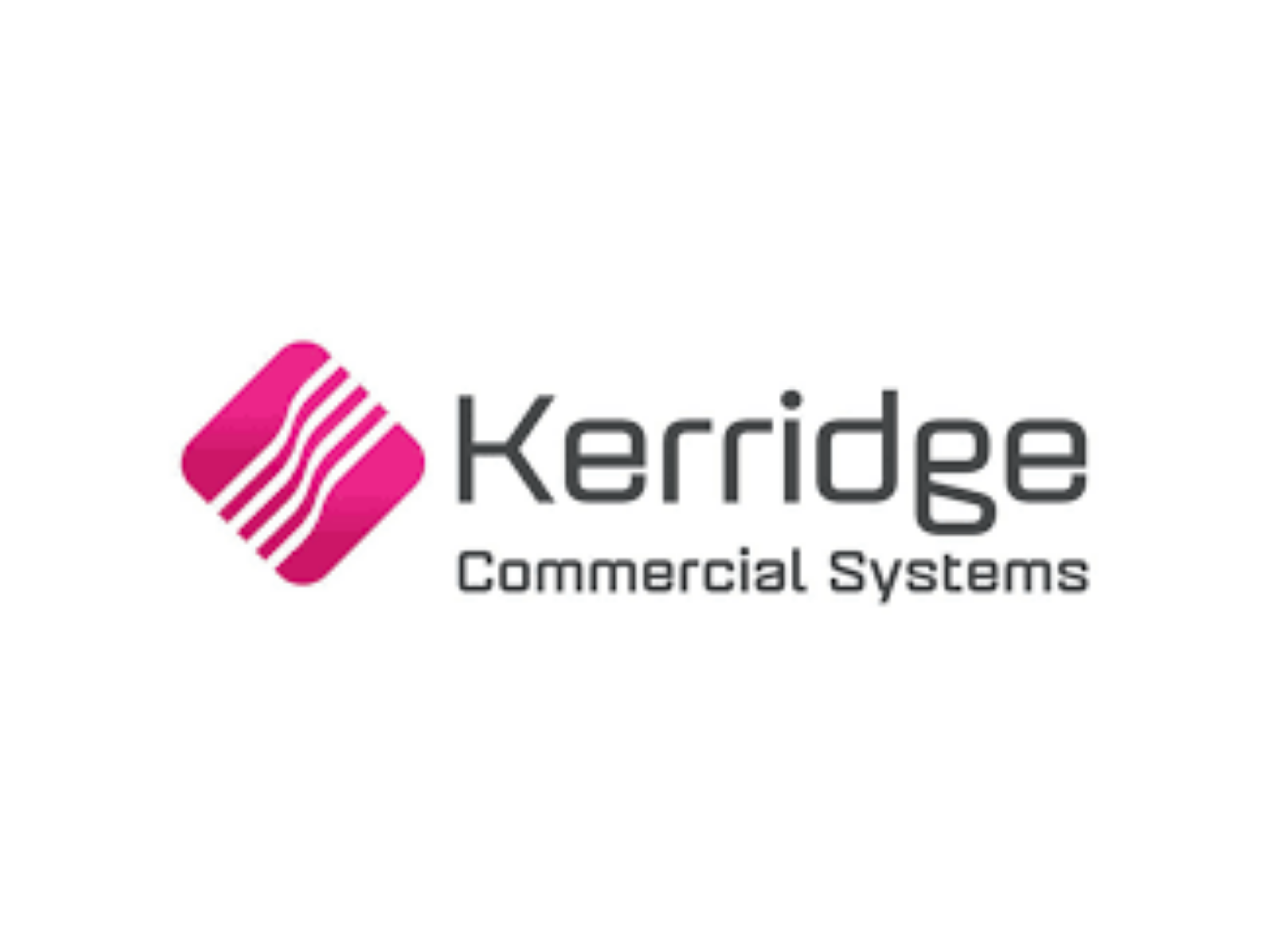
Future-proof your business with the right ERP solution
March 30, 2021Brexit, the new reality
March 30, 2021Customs and the new trading environment. What does it mean for your business?
Since January 1st 2021, a range of customs and other regulatory formalities apply to goods moving to, from or through the United Kingdom, excluding Northern Ireland.
Currently approximately 80% of inbound Great Britain (GB) to Ireland movements are being green routed on arrival meaning
they can leave the port without the need for additional interaction with Customs or other State agencies. For the remaining approximately 20%, certain goods are orange routed meaning they need a documentary check or similar control, and some goods are red routed meaning there is a requirement for a physical examination or inspection of the goods.
The submission of relevant documents and the required customs import and safety and security declarations for all consignments on board a vehicle coming from GB to Ireland significantly enhances the ability of Revenue and the other agencies to carry out risk analysis and complete documentary checks when the goods are en route to Ireland.
If the information provided on customs declarations is incomplete, or the required documentation is not available, goods will be held up at the port. Timely and accurate information and data is essential in all aspects of dealing with customs and other regulatory formalities.
Some of the common issues Revenue has encountered in the first two months include:
- Pre-Boarding Notification (PBN), which requires the Master Reference Numbers (MRNs) from the customs declarations for all the goods on a vehicle, was not completed correctly. For example, not all goods on board had customs declarations associated with them.
- Entry Summary Declaration (ENS): Businesses lodging the ENS declarations experienced issues including incorrect data entry and difficulty with accessing the relevant software. Revenue has a temporary easement in place to allow businesses to engage with Revenue to assist them with issues they are encountering with the submission of the ENS.
- Pre-notification and/or supporting documents not provided to the relevant State Agencies
- Department of Agriculture, Food and the Marine
- Health Service Executive – Environmental Health Service
- Insufficient funds in the payers Revenue account to cover the payment of duty and VAT due at time of import. Businesses need to ensure the relevant codes are entered on import declarations when they intend to avail of postponed accounting and claim preferential duty.
- GB distribution hubs: The duty implications of EU goods imported through GB distributions centres has led to unexpected duty liabilities for Irish businesses. Revenue has outlined scenarios relating to goods that pass through the UK on their way to Ireland and their treatment on arrival in Ireland under the Union Customs Code and the EU-UK Trade and Cooperation Agreement. You will find further information in eCustoms Notification 14/2021.
Businesses experiencing difficulties need to look closely at their supply chain and talk to the other key players in it. It is essential that everyone in the supply chain – from the exporter, to the customs agent, to the importer, to the logistics, freight forwarder or haulage business, to the driver – knows and understands the role that each person or business in the supply chain will play. The supply chain needs to operate and function as an integrated whole and the relevant customs and other regulatory formalities need to be completed on a timely and efficient basis.
When goods are held up, hauliers are dependent on either the importer or exporter or their agent to fix the shortcomings in documentation before the goods can be cleared and moved from the port. Sharing of the relevant documentation and / or information ensures faster resolution of outstanding issues and enables the goods to move out of the port as quickly as possible.
Revenue is happy to work with businesses in whatever way possible to support and assist them to be able to comply with the relevant customs formalities. The Ireland/Northern Ireland Protocol ensures that there is no hard border on the island of Ireland which means goods can move throughout the island without the need for customs declarations or other customs formalities, this includes goods moving from IE to NI and from NI to IE. More information can be found here: Trade with Northern Ireland – Excise
issues (revenue.ie)
Further information on Brexit or any of the above is available on the Revenue website Brexit page. Any queries not covered by the material available can be emailed to brexitqueries@revenue.ie.
This Business Support article featured in the March/April 2021 issue of The Hardware Journal.






